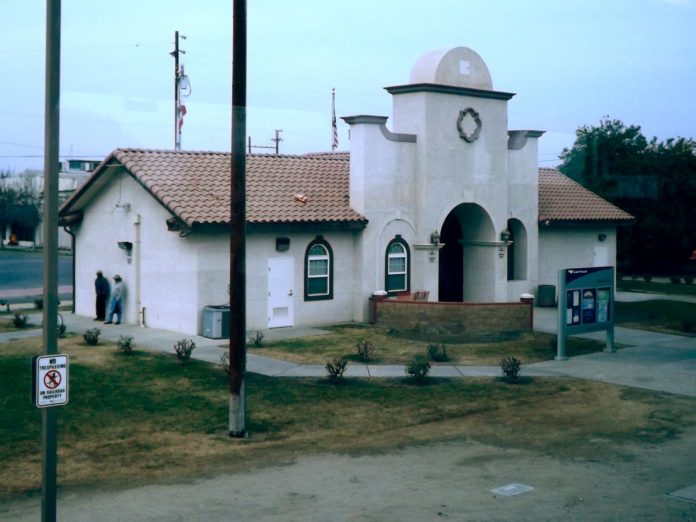
While engineers at the California High-Speed Rail Authority are not worried, several experts are doubting that the $21 billion budget allocated for an anticipated 240-mile tunnel that will run from San Jose to the south of Wasco is not enough to finish the entire project.
Under the state’s current plan, the entire system includes an additional 1.3 mile tunnel under San Francisco and another 36 miles under the Southern California mountains. Late last year, officials considered building five more tunnels of shorter distance but the said plan has been scrapped. Instead, the state is building a 13.5 mile tunnel starter system that, as experts put it, could drain California’s budget which is already being spread thin.
“This is not good news for taxpayers of California,” William Ibbs, a UC Berkeley civil engineer who has worked with similar railroad projects internationally, tells the LA Times. “Tunnels are expensive.”
Bent Flyvbjerg, a professor from the University of Oxford who has studied high-speed rail projects globally, places the cost of the 13.5 mile tunnel at a range of $5.6 billion to $14.6 billion. His opinion is based on data estimates from over 500 tunnel projects from around the world.
MIT civil engineer and tunnel construction expert Herbert Einstein, meanwhile, claims that the tunnel will cost roughly $6 billion on the low side. He further explains that the cost are also expected to go up as the construction schedule is stretched.
The state has placed a 2025 deadline on the 13.5 mile tunnel system but experts predict that it s construction will be delayed by more than a year even when the contractor does not encounter any major problems.
Meanwhile, the state’s railroad authority says it is too early to have their own cost estimate as they have not done enough geological investigation and engineering analysis. The agency’s chief engineer Scott Jarvis, however, admits that if the construction costs for the 13.5 mile tunnel grows, it could endanger the budget for the original segment.
In detail, the existing funds include $6.8 billion from a 2008 bond, $3.2 billion in federal grants and $5.3 billion from California’s greenhouse gas fees until 2024. An addition $5.2 billion is expected after 2024 as well as funds from private investors should the starter system prove to be financially successful.













